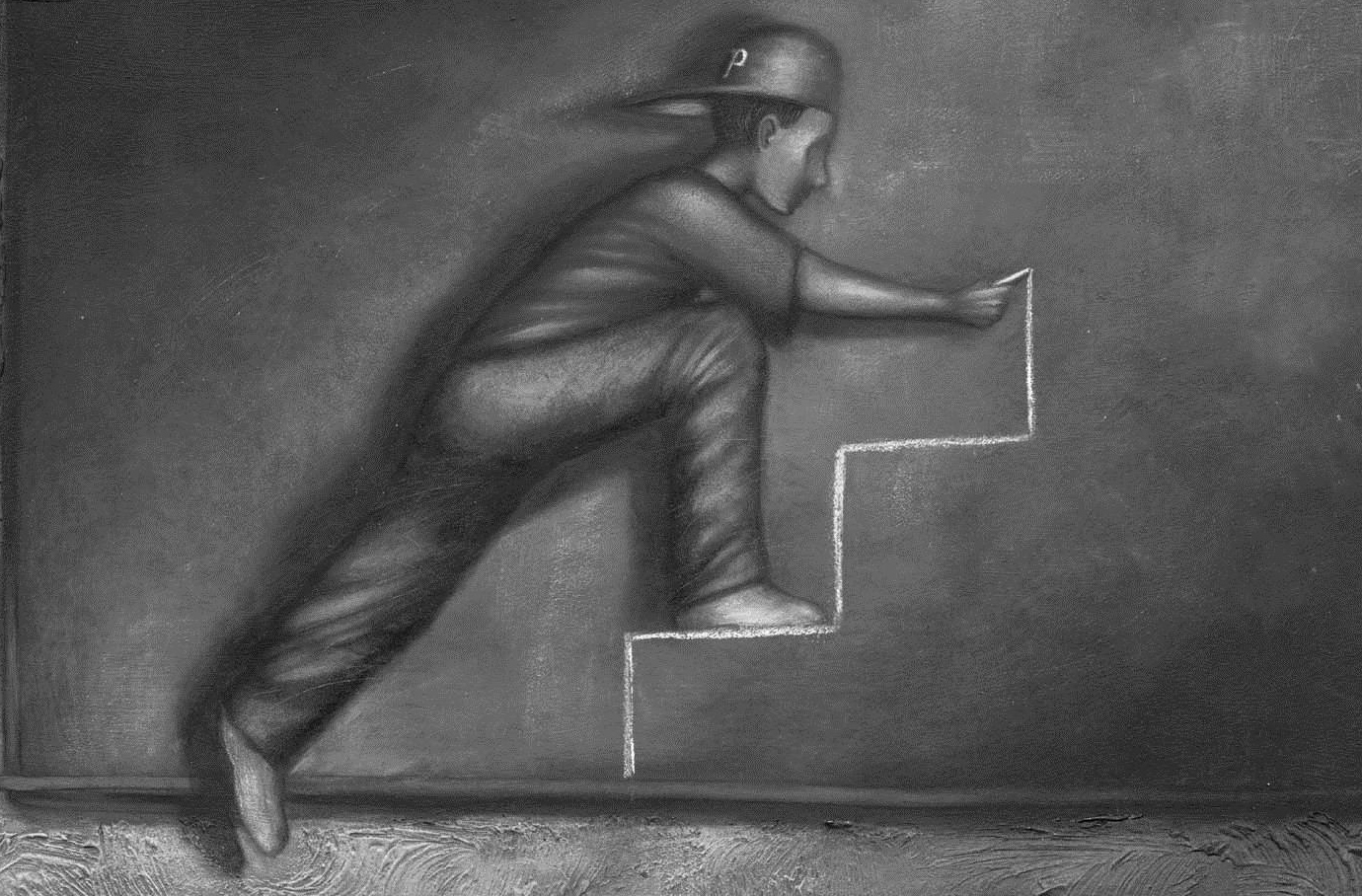Fourth in a series on university struggles
Students should work hard, study, and accept responsibility for results. Too many are not prepared. While this is true regarding critical thinking skills, basic mathematical abilities, and reading comprehension, these deficiencies are not the real problem. Unwillingness to accept personal responsibility is the nucleus of the dilemma.
College readiness has three aspects.
Academic Preparation – It was believed that the Common Core would provide increased college readiness for low income and minority students. True? ACT , an enterprise that administers college readiness tests, reveals there has been little improvement in college preparation evidenced by high school graduates: They are increasingly less college-ready. In Kentucky only 21% of high school graduates are prepared for college. And inane jokes about hillbillies don’t hold water: In Washington DC, the epicenter of influence and power, only 10% of the high school graduates — that is one in 10 just in case you’re from the District — are college-ready. The current Holy Grail fields of Science, Technology, Engineering and Math (STEM) preparedness rates fall below 10% in Fresno, California. Consternation coast to coast.
Planning ahead and goal setting – Free flowing loan dollars rob parents and students of the need to plan. Pell Grants, one of many educational roads paved with good intentions, may provide too much access for too many students with too little preparation for college. Having no plan, they are starved for aspiration. While admissions for students with Pell Grants are up, there is little evidence to suggest better graduation rates follow, according to Brookings Institution. Isabel Sawhill believes student performance should be considered in financial aid decisions. Students with historically poor achievement could get grants to community colleges and demonstrate ability where financial risks to themselves, institutions, and taxpayers are lower. Easy money and free lunches are both lies from a hot fiscal hell that undermine planning, an essential step in preparation.
Resources doled out without accountability create a problem more grievous than waste — dashed hope. Hope is the backbone of a free society. Low accountability thresholds demean every facet of individual and community life they are intended to help. They are especially pernicious for the students who feel they have been lied to, creating discontent and confirming suspicions that education is a political rather than intellectual pursuit: an intentionally unleveled playing field. Universities should never accept students who do not demonstrate commitment and a legitimate hope for success.
Student maturity — Life experience that teaches acceptance of personal responsibility appears to be in decline rather than ascent. The contention that teachers and schools have failed students may or may not be true. Emotionally unprepared students and their families may most profitably look within. Parenting matters, according to Julie Lythcott-Haims, former dean of freshmen at Stanford. Helicopter parents (those who oversee every aspect of university life for offspring) may be ruining a generation of students who expect too much from too many, when a focus on “the one” may better serve all. Don’t twist this observation into promoting self-interest or disinterest. When I asked my father for a ride to Idlewild, now JFK International, so that I could get on a plane for the first time in my life and go to College Station, Texas, and study architecture, he effectively said, “Find your way.” It was a stroke of parenting genius…he wanted me to take responsibility. And don’t assume I think parents should not care what classes students are taking, and what they are doing at night with whom: of course they should, and emotionally mature students will willingly share what they encounter, wrestle with, and question, and the impact college is having on them.
Critical thinking, self-determination, self-reliance, solving problems, standing for what you believe, and the elixir for nearly every malady, hard work, are typically imported from and through life circumstance and experiences. Parents pass these values on to children. Universities can but only reinforce them. My friend tells new students at orientations that, “Dr. Wendler is smarter than I am, but I can out work him.” I don’t believe either of these assertions, but you get the point.
If these rivers of preparedness run dry, college is a wasteland, and a waste of time and money.
Photo Credit: httpgetschooled.blog.myajc.com

